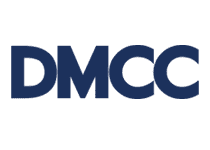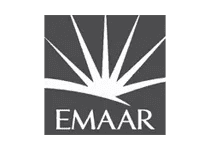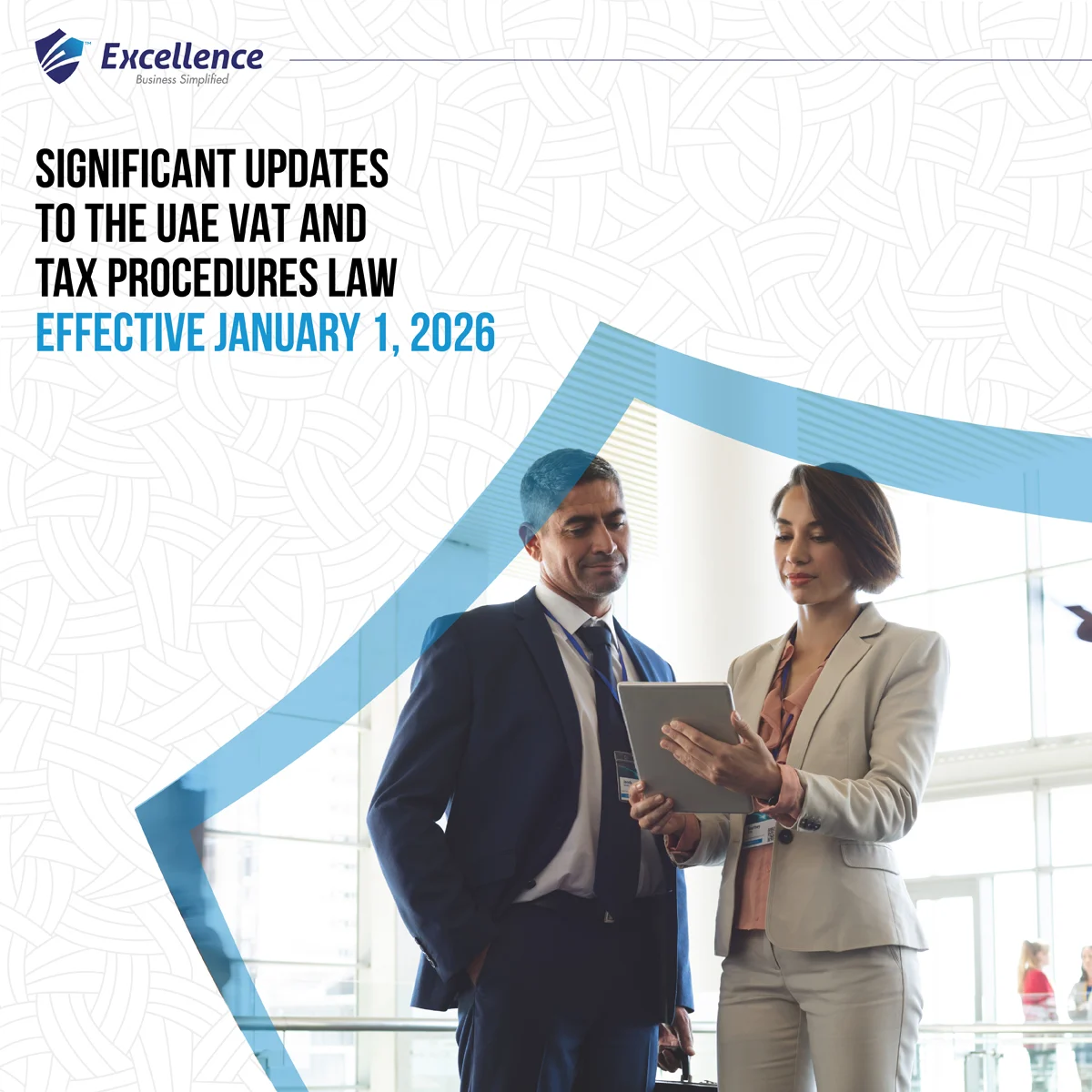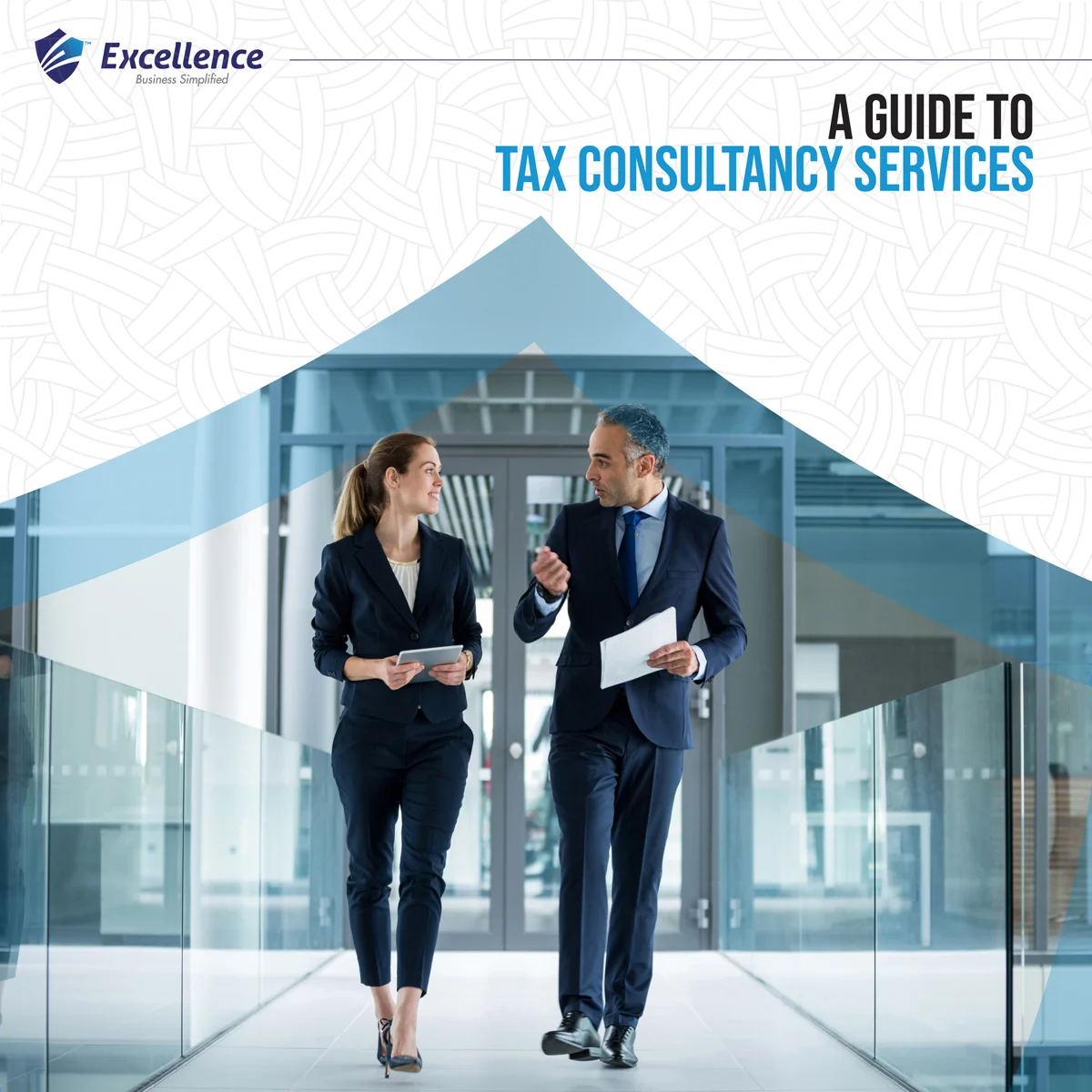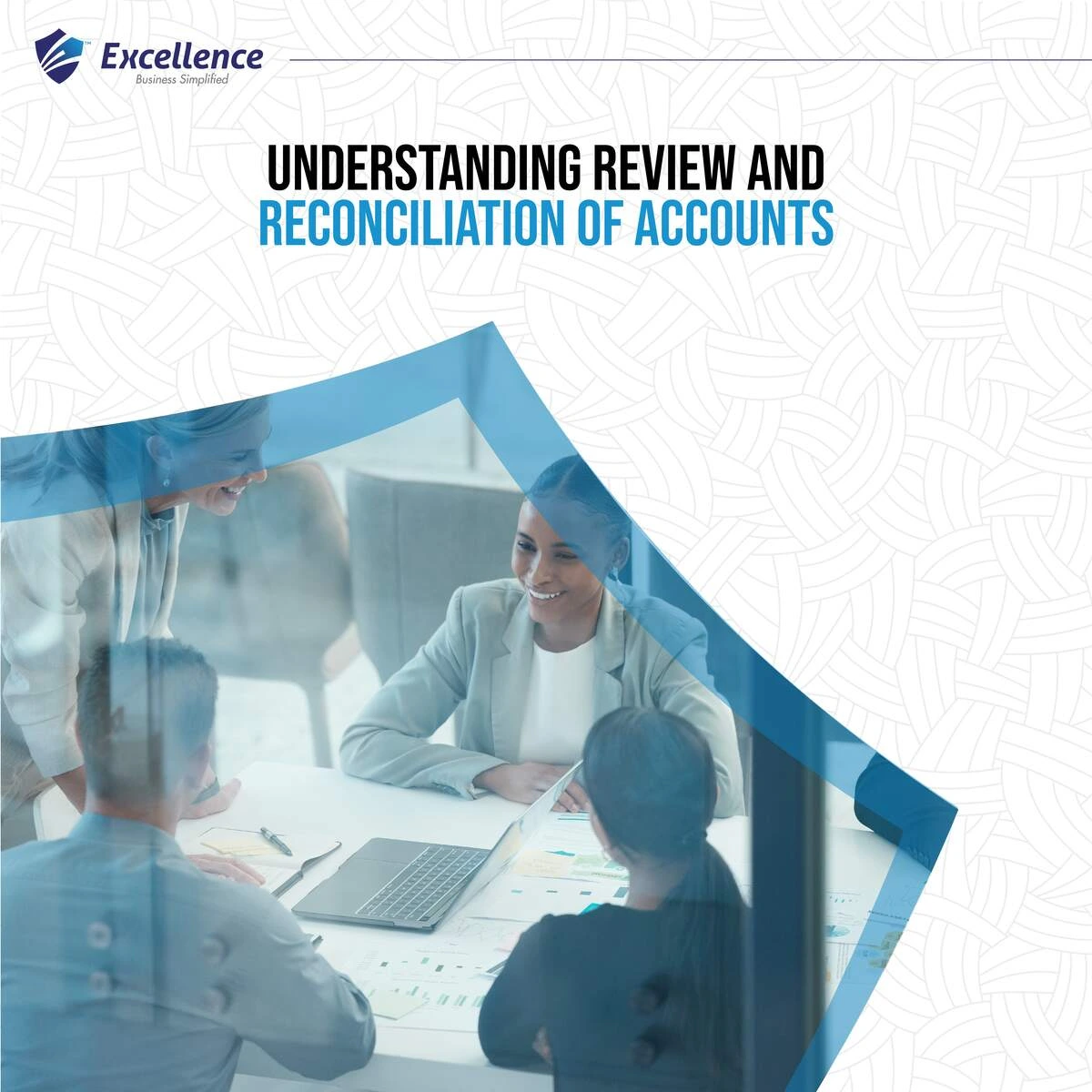Audit & Assurance
Officially licensed by the Department of Economic Development (DED) and certified by the Ministry of Economy, Excellence is considered among the best audit firms in Dubai for delivering impartial audit opinions on corporate financial statements, ensuring information transparency, compliance identification, and risk mitigation to uphold high organizational standards. As a trusted audit firm across various sectors, Excellence provides audit consultancy services tailored as per the UAE regulatory landscape.
We are approved auditors in DMCC, DIFC, JAFZA, DAFZA, DWC, DSO, SAIF Zone, Hamriyah Free Zone, DED, The Dubai Design District (D3), TECOM, RAKEZ, SRTIP, Dubai Media City, and Dubai Internet City. Backed by a vast professional network and a robust regulatory framework, Excellence stands among the leading registered auditors in Dubai and across the UAE. Our approvals reflect a steadfast commitment to global auditing standards, positioning Excellence as one of the top audit firms in Dubai and the wider UAE.
Perform external audit to verify an organization's accounting records and legal compliance which offers an impartial financial assessment of the company's financial statements
Evaluate a company's internal control and corporate governance to enhance operational efficiency and rectify issues pre-emptively
Verify and evaluate a company’s physical stock inventory through stock audit services by counting goods, comparing with records, and identifying discrepancies for accuracy and reliability
Provide liquidation report with an overview of a company's assets, financial affairs, liabilities, obligations, and which is a prerequisite for cancelling a trade license
Offer insight into management performance, providing a platform to discuss issues and concerns not addressed in the annual report
Involve testing interim financial statements as part of the audit strategy to streamline the annual audit process
Integrate the individual financial statements of various entities into a unified set, showcasing the consolidated financial position of the group
Address concerns or objectives that involve auditing specific components of financial statements to ensure compliance with contractual agreements
Verify the expenses and cost of products and services, ensuring precision and compliance with the principles of cost accounting
A separate assessment to confirm compliance with external laws, regulations, and internal policies, including corporate bylaws and standards
Evaluate sales transactions and processes for completeness, accuracy, and compliance with company policies, aiding in formulating effective sales strategies
Examining financial records to derive evidence for legal proceedings, including corporate fraud investigation and suspicious transactions analysis
Quick Links
- DMCC APPROVED AUDITORS
- DIFC APPROVED AUDITORS
- DAFZA APPROVED AUDITORS
- JAFZA APPROVED AUDITORS
- DWC APPROVED AUDITORS
- DSO APPROVED AUDITORS
- UAQ FTZ APPROVED AUDITORS
- D3 APPROVED AUDITORS
- RAKEZ APPROVED AUDITORS
- DMC APPROVED AUDITORS
- DSC APPROVED AUDITORS
- DIC APPROVED AUDITORS
- MFZ APPROVED AUDITORS
- AFZ APPROVED AUDITORS
- IFZA APPROVED AUDITORS
- DHC APPROVED AUDITORS
- HFZA APPROVED AUDITORS
- SAIF ZONE APPROVED AUDITORS
- ADAFZ APPROVED AUDITORS
- MASDAR CITY APPROVED AUDITORS
- TWOFOUR 54 APPROVED AUDITORS
- KIZAD APPROVED AUDITORS
- DDA APPROVED AUDITORS
- KIZAD AUDIT SERVICES
Audit and Assurance Services
The primary goal of our audit and assurance services is to deliver an independent, professional audit opinion on the annual financial statements of your company for every financial year covered under the term of the audit appointment. We ensure compliance with UAE regulations while providing accurate and insightful financial reporting. As a leading audit firm in the UAE, we ensure compliance with UAE regulations while providing accurate and insightful financial reporting
Legal Compliance
Mansoor Mulla Auditing of Accounts, our legal entity for audit, stands as a trusted name in the UAE's auditing landscape. We are proud to be DIFC approved auditors, DMCC approved auditors, JAFZA approved auditors, and DAFZA approved auditors, among others. Licensed under the Ministry of Economy with license number 738553, our company is authorized to perform audit and assurance activities across a wide range of free zones and regulatory jurisdictions in the UAE. Additionally, we are registered as approved company liquidators with DMCC in Dubai, ensuring end-to-end compliance for businesses undergoing liquidation.
In line with the UAE Commercial Companies Law (Federal Law No. 2 of 2015, Article 27, Chapter 2), every company is required to appoint licensed and registered auditors to audit their financial statements and records. Our company fulfills these legal requirements while ensuring transparency, accuracy, and compliance for businesses across various sectors.
Businesses registered in trade-free zones and holding trade licenses issued by these zones are required to have their annual financial statements audited at the time of renewing their trade licenses or as per their memorandum financial year end as stated. In the UAE, the financial year aligns with the calendar year.
Advantages of Auditing
An audit provides independent verification that financial statements accurately reflect the entity’s current situation. External audit firms offer invaluable credibility and instill confidence in your organization’s customers, stakeholders, investors, lenders, and even potential buyers. Additionally, auditing ensures your organization meets statutory requirements and regulations, guaranteeing 100% compliance with all current statutory obligations.
An audit serves as an effective tool for identifying fraud and reducing opportunities for fraudulent activities. Experienced accountants and auditors in Dubai are proficient in identifying weaknesses in an organization’s systems and controls, offering recommendations to strengthen these areas and prevent fraud.
Furthermore, an audit confirms the accuracy of an organization’s financial statements through a detailed analysis of its financial transactions. This critical examination often includes scrutiny of specific income, expenditures, assets, and liabilities. The insights gained combined with the expertise of auditors in Dubai and financial audit firms, provide business owners with valuable input for improved financial planning, budgeting, and decision-making. Auditors and auditing firms in Dubai, thoroughly review company accounts to validate the legality and accuracy of financial records, ensuring compliance with the auditing standards in Dubai and across the UAE.
DMCC Regulations for Company Audit
As per DMCC regulations, every company is required to appoint DMCC approved auditors to examine and report on its financial accounts.
The directors of a company must prepare and approve the financial accounts and ensure they are audited by DMCC approved auditors. These audited accounts must then be approved by the shareholders of the company within six months after the end of the company’s financial year.
The role of the Approved Auditors DMCC is to obtain reasonable assurance that the annual accounts prepared by the member company are free from material misstatements, whether caused by fraud or error. Additionally, they ensure the accounts are properly prepared in accordance with International Financial Reporting Standards (IFRS).
How Excellence Can Help
Our legal entity for audit, Mansoor Mulla Auditing of Accounts, is a licensed audit firm in Dubai, UAE, registered with DIFC and DMCC as approved auditors and recognised in many other free zones. As a standard practice, we at Excellence adhere to statutory requirements, International Financial Reporting Standards (IFRS), and International Standards on Auditing (ISAs), striving to provide structured and compliant audit services to our clients
Our objective is to examine the accuracy of your books of accounts, verify the authenticity and validity of transactions, and issue a comprehensive financial audit report that includes our professional opinion.
Magnitude of Work:
We will conduct an independent financial audit of the financial statements in accordance with International Standards on Auditing (ISAs) and International Financial Reporting Standards (IFRS).
We will express an opinion on whether the financial statements have been prepared, in all material respects, in accordance with the applicable financial reporting standards and frameworks, whether the client has maintained proper books of accounts, and whether the accompanying financial statements give a true and fair view of the financial position of the entity, based on material evidence.
The auditor reserves the right to request documents according to the nature of the assignment agreed upon during audit.
Areas Covered Under Financial Audit:
- Income: Revenue, profit on the sale of non-current assets, other income.
- Expenses: Cost of revenue, salary and wages, depreciation, contractual expenditure, loss on the sale of non-current assets, bad debts, other expenses.
- Current Assets: Cash & bank, short-term investments, receivables and prepayments, inventory.
- Non-Current Assets: Property, plant, furniture, and equipment.
- Current & Non-Current Liabilities: Creditors and accruals, loan borrowings, provisions for employee entitlements.
- Other: Statement of changes in equity, disclosure of contingent liabilities, statements of cash flow, accounting policies, and notes to the financial statements, reviewed in line with auditing standards in Dubai and across the UAE.
Our Services
We specialize in comprehensive audits that fully comply with International Accounting Standards (IAS) and International Financial Reporting Standards (IFRS). Approved by governing bodies in both free zones and the mainland, our highly qualified team of accountants and auditors ensures that every service—whether external audits, review reports, or agreed- upon procedure assignments—meets your regulatory and business requirements.
Led by a team of expert UAE chartered accountants, we deliver world-class bookkeeping and accounting services that stay fully aligned with the latest regulations. We handle everything from managing your financial transactions to generating quarterly, half-yearly, and annual statements, ensuring your business remains financially sound and compliant.
Navigating the complexities of tax regulations is easier with our team of expert company tax accountants, consultants, and advisors. Whether you need assistance with VAT return services, in-depth corporate tax advisory, we provide proactive guidance to ensure compliance, minimize risks, and drive business growth in an ever-evolving regulatory environment.
- Corporate Tax
- VAT Registration
- VAT Return Filing Services
- VAT Deregistration
- Excise Tax Registration
- Tax Residency/Domicile
- VAT Advisory and Compliance
- VAT Refund Claim Services
- Excise Tax Returns
- Tax Audit
- Voluntary Disclosure
- Reconsideration for Waiver
- Transaction Advisory on VAT
- Custom Registration and Renewal
Specializing in company AML, UBO, and business compliance services, our team stays ahead of regulatory shifts, ensuring your business is always fully aligned with government requirements. Our AML compliance consultants help organizations navigate complex regulatory challenges, empowering them to thrive in a dynamic business environment while aligning with government standards.
With unparalleled expertise in UAE regulations, we help clients overcome operational challenges and implement innovative, professional business plans along with cost-effective solutions that drive growth. Our tailored business advisory services are designed to guide transitions, craft strategic pathways, and drive the achievement of key business goals, ensuring success and sustainable results.
Affiliation & Accreditations
Our relentless pursuit of excellence, proven through our prestigious International and Local accreditations, sets us apart from others. This track record makes us the go-to consulting and business services provider in the UAE, with approvals from prominent free zones and mainland regulatory bodies. We deliver high-quality, reliable, and tailor-made entrepreneurial service packages that empower businesses to achieve their goals.
-
International
Standard Of Quality -
International Register of
Quality Assessed organizations
(IRQAO) -
Global Trusted
E-Network
Client Testimonials


FIRAS ABDULZAHRA LAFTA AL SAEDI
LUXURY WHEELS

When we operate a group of companies, things naturally become more complex - especially when a
single mistake can lead to a loss of time and money. Which, in turn, raises the need for flawless
work implemented accurately. For this very reason, we work with Excellence. They handle everything
on our behalf - accounting, taxation, and delivering precise, high-quality performance - leaving
no room for errors.



Massimiliano Donnarumma
Sartoria Rossi

As Sartoria Rossi grew in the UAE, we needed a partner who could handle accounting and compliance
with the same care we put into our craft. Excellence has been exactly that, clear, organised, and
reliable. Their attention to detail and structured approach reflects the standards we work by,
giving us confidence that the business behind the scenes is being managed with the same precision
as the work we do every day.



Georges Kaawar
Taps and More

Operating at scale demands accuracy and consistency at every level. That’s why we work with
Excellence. They manage our accounting and taxation end-to-end, delivering dependable,
high-quality work we can trust. Over the years, they’ve taken the time to understand how Taps and
More operates, and that steady, informed support has played an important role in helping us grow
with confidence.

Faq's
With our proactive and client-centric approach, clients gain peace of mind knowing they are fully compliant and well-positioned for success in a dynamic regulatory landscape.
When selecting an external audit firm, it is important to consider credentials, experience, and specialization. Excellence is a licensed auditing firm in the UAE, offers a wealth of experience in external audits, ensuring that your company’s financial records are accurate and compliant with the UAE’s regulatory standards.
Approved auditors in DIFC are experts in DIFC's regulatory framework and compliance standards. Hiring DIFC approved auditors ensures that your company’s financial statements are in full compliance with DIFC regulations, international accounting standards, and provides credibility to your business operations.
In the UAE, businesses in free zones like DMCC are required to appoint DMCC approved auditors to ensure their financial records are compliant with local laws. Mansoor Mulla Auditing of Accounts, our legal entity for audit, is a DMCC approved auditor that helps companies meet these requirements with precision and expertise.
DIFC approved auditors are authorized to conduct audits for companies operating within the Dubai International Financial Centre (DIFC). Our team provides independent audit reports ensuring compliance with DIFC regulations, International Financial Reporting Standards (IFRS), and industry best practices.
Yes, Our Mansoor Mulla Auditing of Accounts which is an entity of Excellence is among DAFZA approved auditors authorized to carry out audits for companies based in the Jebel Ali Free Zone. We are able to provide comprehensive auditing services that meet JAFZA’s regulatory requirements, ensuring your business remains compliant and your financial statements are accurate.
External audit firms help mitigate business risks by providing an independent review of your company’s financial statements. Our audits help identify financial irregularities, prevent fraud, and ensure compliance with regulatory requirements, giving you peace of mind and improving operational efficiency.
DAFZA approved auditors bring a wealth of expertise within the Dubai Airport Freezone. We ensure that your financial records are accurate, provide recommendations for operational improvements, and ensure that your business is compliant with DAFZA regulations and UAE laws.
Working with experienced accountants and auditors in Dubai ensures that your financial records are in compliance with local regulations. At Excellence, our team offers expert auditing and accounting services to verify the accuracy of your financial statements and help you make informed business decisions.
Audit firms in Dubai provide services such as external audits, financial statement analysis, tax audits, internal control evaluations, and many more. Our goal is to help businesses ensure compliance, improve financial transparency, and reduce operational risks.
Excellence entity Mansoor Mulla Auditing of Accounts is a trusted DMCC auditor that provides comprehensive audit services for companies in the Dubai Multi Commodities Centre (DMCC). We ensure that your financial statements meet DMCC regulations, offering transparent and independent assessments that help you maintain compliance and improve financial planning.

